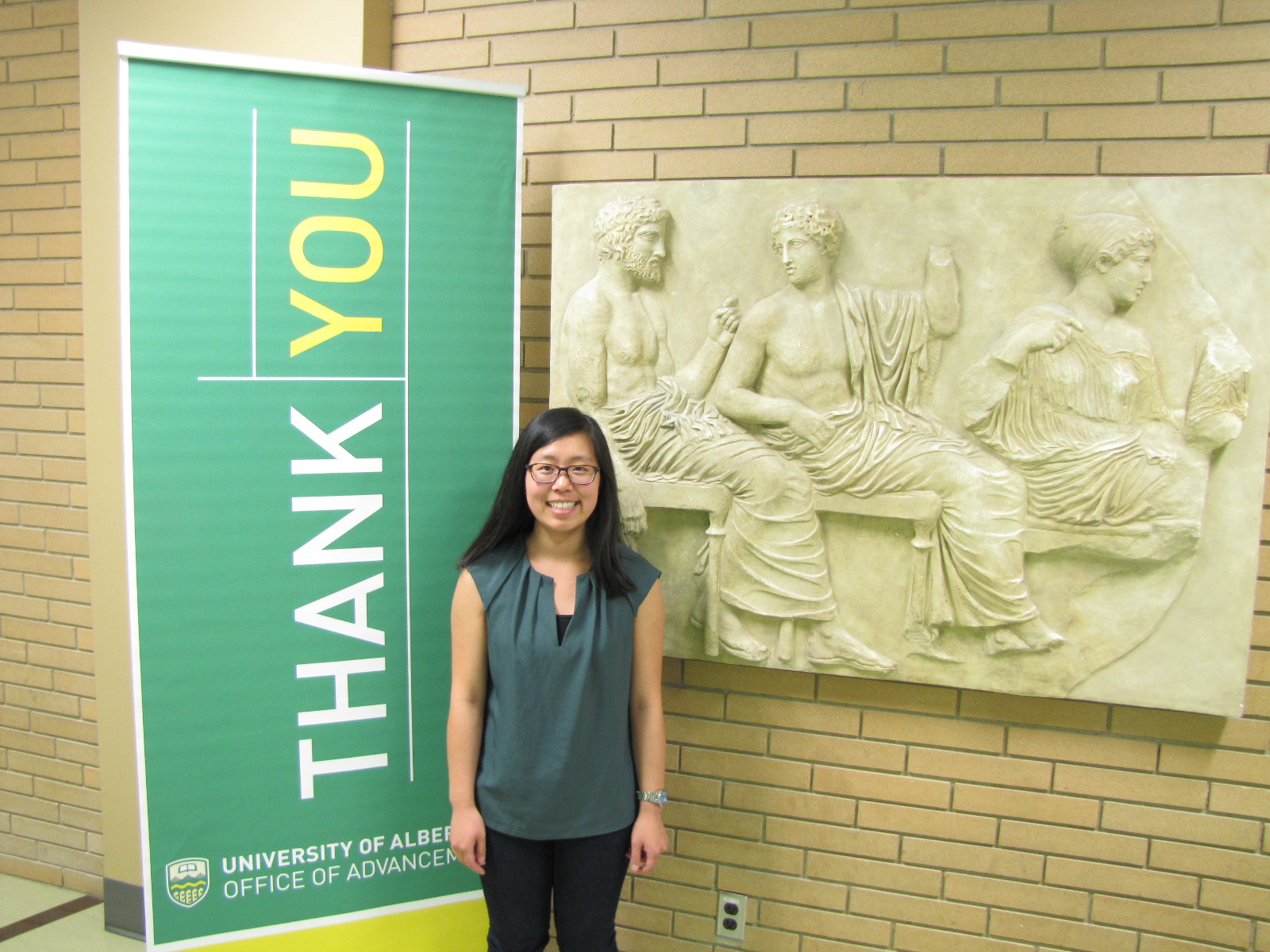
Emily Tran first began to notice disparities in access to quality education as a high school student in Edmonton. Enrolled in the academically rigorousInternational Baccalaureate (IB) program, Tran was well aware that she was fortunate to be receiving the best possible public education, and wanted to ensure that other children would also be as fortunate. It was at university, however, that she realized that these disparities were far more widespread, and systemic, than she imagined.
Tran initially believed the best way to fulfill her passion for education was to become a teacher, but by studying history - and in particular American history - she discovered a new pathway to her goal of addressing educational inequalities.
Although not initially drawn to matters south of the border, the more Tran learned about the American education system and its history of public school desegregation [busing black children into predominately white school districts], the more she was drawn to it as an area of focus - and possibly a career. "Americans are pulled by the ideals of what they want their country to be - and these legacies of slavery and how they've treated Native Americans," she says. "It has created tensions throughout their entire history. That's what drives me to study American history - the striving, but at the same time, being pulled back by these legacies they don't want to address."
Now in her fourth year, Tran has narrowed her focus to how school desegregation in the northern United States is remembered and how it continues to affect public school education in the present, noting that the gap in quality education is still "very stark."
"I'm interested in how the memory of what happened with busing relates to a diminished enthusiasm for desegregation today," says Tran, adding that violence was often a part of the equation. "The argument that desegregation was due to personal choices [in the northern states] rather than law [in the south] made people very resistant to any desegregation efforts, and it continues to affect what public schooling looks like now."
In the fall, she will be continuing her studies in a master's or direct-entry PhD program, either in Canada or in the United States, and credits a number of factors for this decision, including receiving theMarilyn R. Love Scholarship in History during her third and fourth years. "It was a relief," says Tran, adding that the scholarship helped to reduce the financial burden of university. At the same time, it afforded her the opportunity to take time off from part-time work at crucial points during the school year.
Additionally, it allowed her to deepen her commitment to education out into the community as aStudy Buddy with the Edmonton Public School system, helping kids from kindergarten to grade nine develop their English and math skills.
Mostly, however, it was about the validation of her dream of shaping - and changing - the conversation around educational inequalities in the public school system. "The scholarship is encouragement that I'm doing well," she says. "That I can achieve more, and that I have potential beyond what I imagined for myself."
Since 1999, the Marilyn R. Love Scholarship in History and the Marilyn R. Love Scholarship in Philosophy have been awarded to 30 students in the humanities. These scholarships provide students with the opportunity to achieve their greatest potential, the encouragement to support their passions and the confidence to become the kind of change-makers our society needs.
To stay connected or to find out more about how you can support our students, faculty and programs, please contact Alumni & Giving.